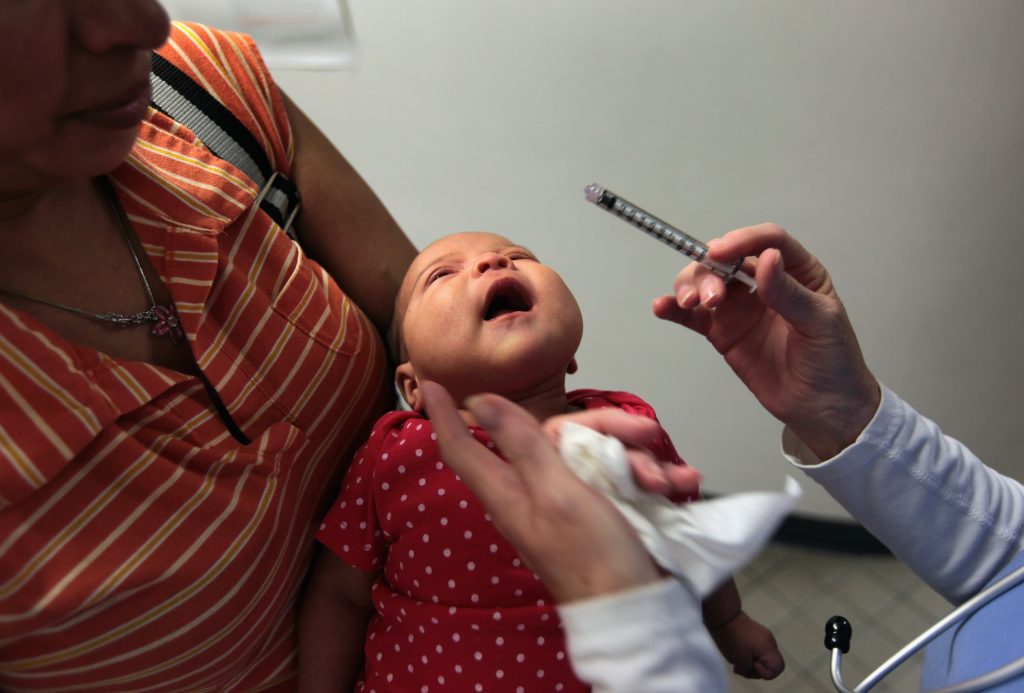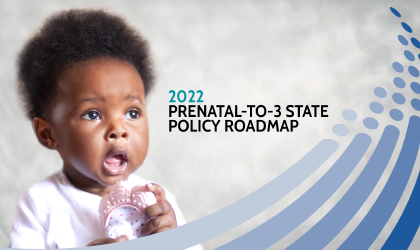- Home
- /
- Research Topics
- /
- Food Insecurity
Food Insecurity
Financial hardship is a major predictor of food insecurity, which can lead to malnutrition and have negative impacts on children’s health. In households where job instability creates financial hardship, the associated food insecurity and stress on parents can compromise children’s physical and mental health, cognitive development, educational achievement, emotional wellbeing, and social adjustment later in life.
Featured Resource
Browse state-level data on food insecurity and other outcome measures to track the overall health and wellbeing of infants and toddlers and their parents.
Related Resources
- News
- |
Recently, the Prenatal-to-3 Policy Impact Center helped Texans Care for Children update their Texas School Readiness Dashboard. The data point to child care provider closures, high costs, a lack of options and safety concerns among
- Blog
- |
Since 2019, the Prenatal-to-3 Policy Impact Center has empowered states with evidence on which policies positively impact very young children and their parents. Reviewing the evidence connecting state policies to outcomes for young children and
- News
- |
Minnesota policies support expectant parents and young children more than other states, but there is still room for improvement, according to a team of Vanderbilt researchers. The Prenatal-to-3 Policy Impact Center at Vanderbilt University evaluates
- Blog
- |
You may know our signature publication, the Prenatal-to-3 State Policy Roadmap, which provides states with actionable, evidence-based policy solutions to support young children and their parents. But did you know that the Roadmap is just
- Roadmap
- |
We released our 2022 Prenatal-to-3 State Policy Roadmap in October which provides guidance to state leaders on the most effective investments states can make to ensure all children thrive from the start. Below, you’ll find
- News
- |
Rigorous scientific evidence informs our annual policy guide, which gives states actionable solutions to improve outcomes for all young children.







